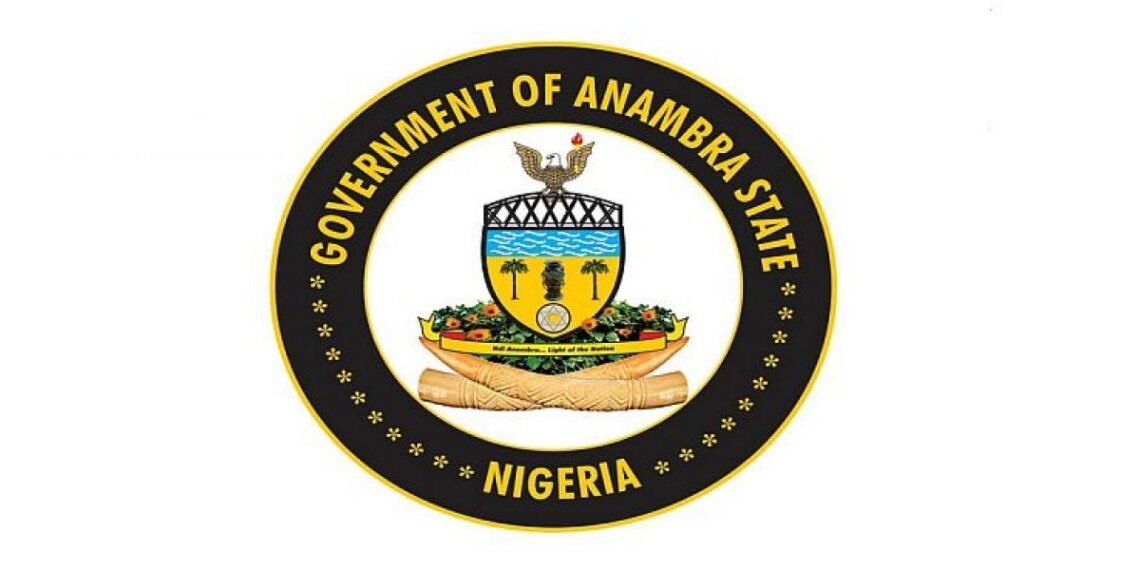The European Union (EU) on Thursday dispatched 687 observers to oversee the governorship election in Anambra state scheduled for Saturday.
The EU, however, reiterated its dedication to ensuring credible, peaceful, and inclusive electoral processes in Nigeria through its EU Support to Democratic Governance in Nigeria (EU-SDGN) initiative.
The EU support organization stated that the EU-SDGN program facilitates its civil society partners in deploying election observers, enhancing peacebuilding efforts, promoting disability and gender inclusion, combating misinformation, and bolstering public trust in the democratic process.
Seven out of the 16 partners involved in the EU-SDGN initiative, including The Kukah Centre, Yiaga Africa, International Press Centre (IPC), Centre for Media and Society (CEMESO), Nigeria Women Trust Fund (NWTF), ElectHER, and TAF Africa, are already present in Anambra State.
The EU noted that these partners are operating from a unified election observation hub aimed at ensuring coherence, message alignment, and shared visibility during the election.
“The main goal of this unified deployment is to gain a comprehensive understanding of the election by leveraging the diverse skills and experiences of the EU-SDGN partners, analyzing the results, and compiling them into a detailed report that will be made public and accessible to all stakeholders.
“In total, the program is deploying 687 observers throughout Anambra State, organized into coordinated clusters focusing on election integrity, disability inclusion, gender participation, peacebuilding, media and misinformation monitoring, logistics observation, and real-time data reporting,” the EU group stated.
Read Also:
- Anambra guber: Non-indigenes mobilise, warn against selling of voter cards
- Anambra APC guber aspirant resigns from party hours to primary
- Anambra 2025: Ribadu warns politicians against violence
“Each cluster gathers evidence from different perspectives. When these findings are combined, they provide a more complete and verifiable picture of the election that no single organization could achieve alone.
“The observers are assigned to various thematic areas, including election integrity and results verification; disability inclusion with trained observers and dedicated sign language interpreters; gender participation with observers monitoring women-related issues; media and misinformation tracking through journalists and fact-checkers at polling locations; peacebuilding and conflict prevention; and overseeing polling logistics and the distribution of sensitive election materials.
“This election presents an opportunity to showcase that inclusion and credibility are fundamental democratic principles.
“Operating from a single hub allows us to coordinate evidence, prevent duplication, and provide a unified assessment of the process,” it added.






